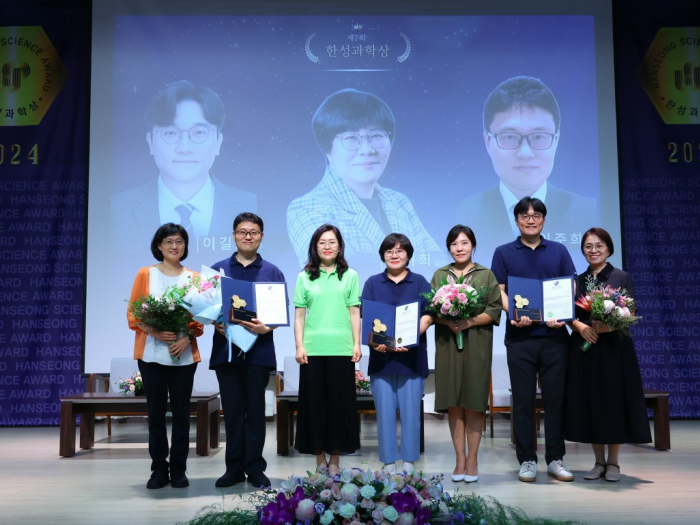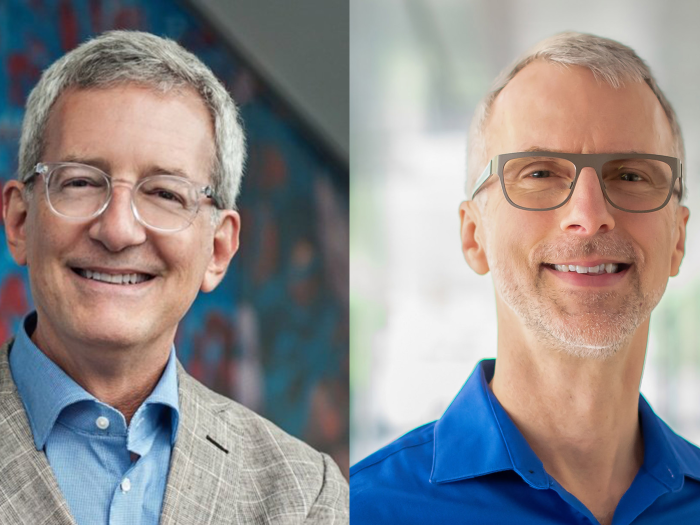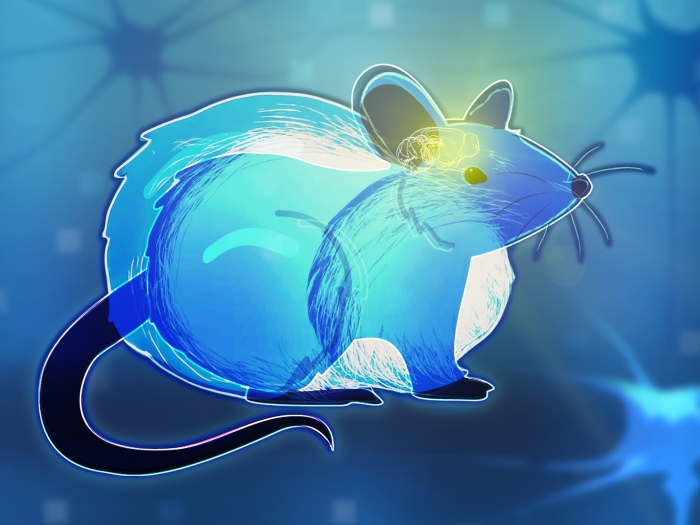
Unlock Your Potential in Physiology
We offer broad-based training with an emphasis on integrating cell and molecular processes to understand systems physiology.
The U-M Medical School Department of Molecular & Integrative Physiology provides numerous opportunities for professional and academic development. This includes broad-based training in modern physiology, focusing on integrating cell and molecular processes to understand systems physiology comprehensively.
Students and trainees are critical facets of our department, each bringing unique strengths and contributions. We tailor educational opportunities to the individual, ensuring every student and trainee can maximize their potential.

Our department's science is vital for understanding organism health and disease, yielding knowledge and potential cures. Equally important is promoting community science through programs like SEEK (Science Engagement and Education for Kids), which arose from Physiology PhD students' visits to local schools.
SEEK, featuring hands-on activities about bodily systems, has grown through word-of-mouth and now includes participants from various Michigan programs. To provide lasting science exposure, we began frequent, shorter visits to underserved schools in 2022-2023, preparing students for state M-STEP exams and offering Michigan trainees valuable teaching and communication experience.
The departmental grievance policy is the preferred method for resolution, but additional grievance resolution mechanisms are available for Rackham students.




